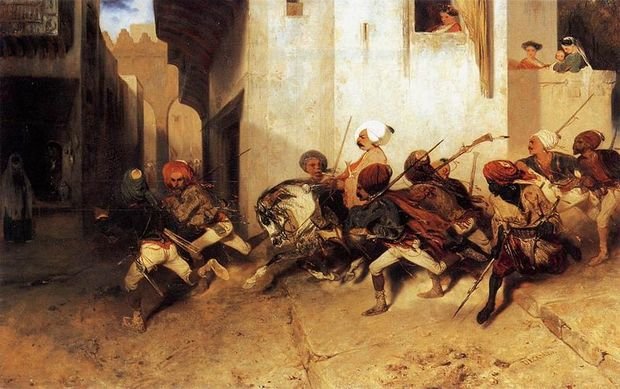
Blogs
Reforms and the Ottoman Empire
August 2020


Kuanysh Zhaikov
Partner
The most important thing in reforms is the political will to eliminate the informal institution that resists them.
On the example of the Ottoman Empire (without deep "cleansing"):
1) The world changed in the 18th century, when Peter I modernized Russia. Endless wars with it began, which were not crowned with great success for the Ottoman Empire.
The janissary corps is godlessly outdated and has already lost its military significance.
2) The Empire began to stagnate with a high risk of collapse. To prevent it, it was necessary to modernize according to the European model.
However, the Janissaries began to play a new informal role in the Empire, becoming a brake on reform. They became involved in trade and crafts, started families, extorted money from the state, and interfered in politics.
Because of their riots, several sultans were deposed or killed.
3) At the end of the 18th century, the Pro-European Sultan Selim III came to power. He launched the new order reform package, where the military was the most important. It irritated the Janissaries extremely, because it deprived them of their privileges.
There were also liberal reforms that society did not support. Therefore, it did not support the Sultan in the fight against the janissary corps, which raised a riot, changed the Sultan and forced him to kill Selim III.
4) Everything would be fine, but one "akim" - the future Grand vizier - Mustafa Pasha Bayraktar did not like it. He supported reforms and was angry at the overthrow of Selim III.
He took Istanbul with his troops and changed the Sultan to Mahmud II, who also supported the reforms.
5) Mahmud II proved to be more cunning and cautious. He realized that reforms were useless as long as the janissary corps existed. Therefore, he did not stand on ceremony with them.
The new Sultan formed a new army and hired European gunners. When the Janissaries mutinied, they were forced into the barracks and shelled with new artillery. The instigators of the riot were executed and their property confiscated. Young Janissaries are expelled or arrested. The janissary order was disbanded, and many of its followers were executed or exiled.
6) Only after the elimination of internal opposition, Mahmud II carried out all other reforms - financial, administrative, educational, etc.
He went down in history as a reformer compared to Peter the Great.
Link: Real time: "Their mores": how the Janissaries did not forgive the Sultan for their abolition.
all publications











